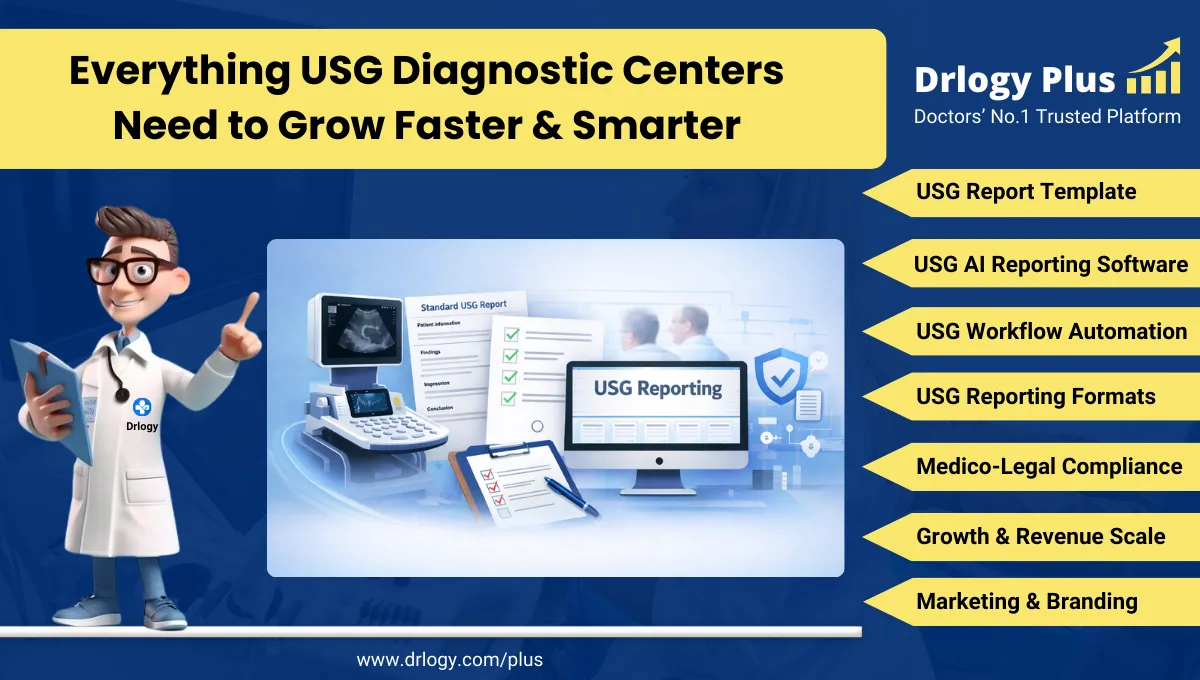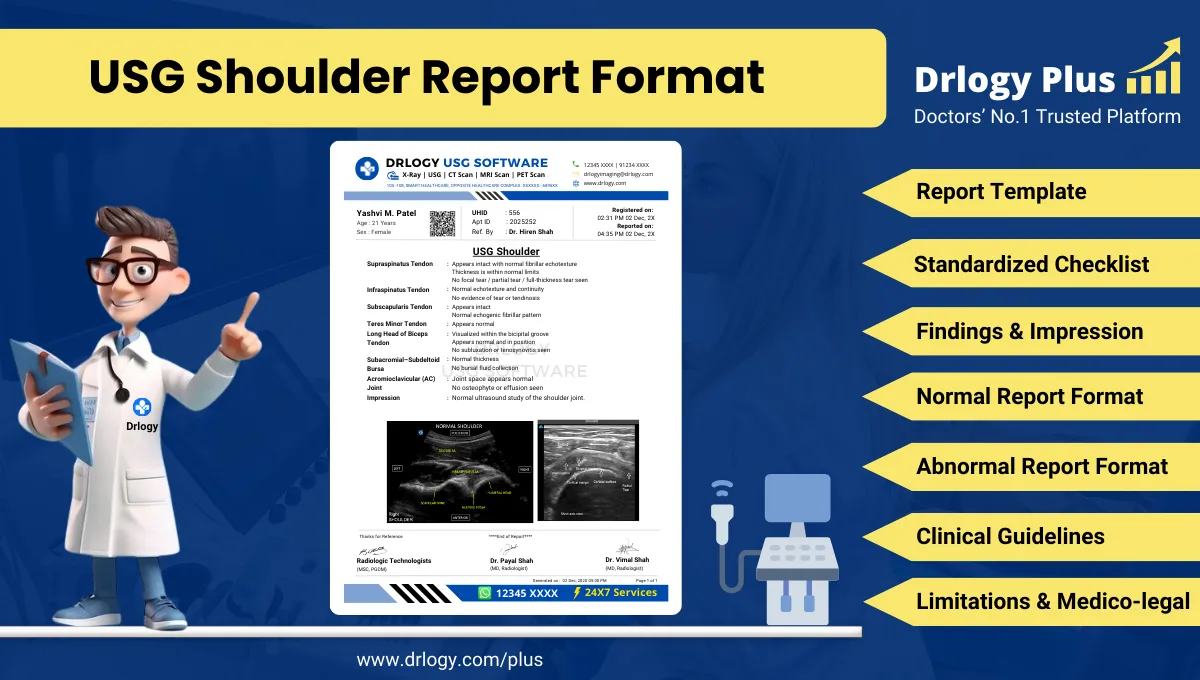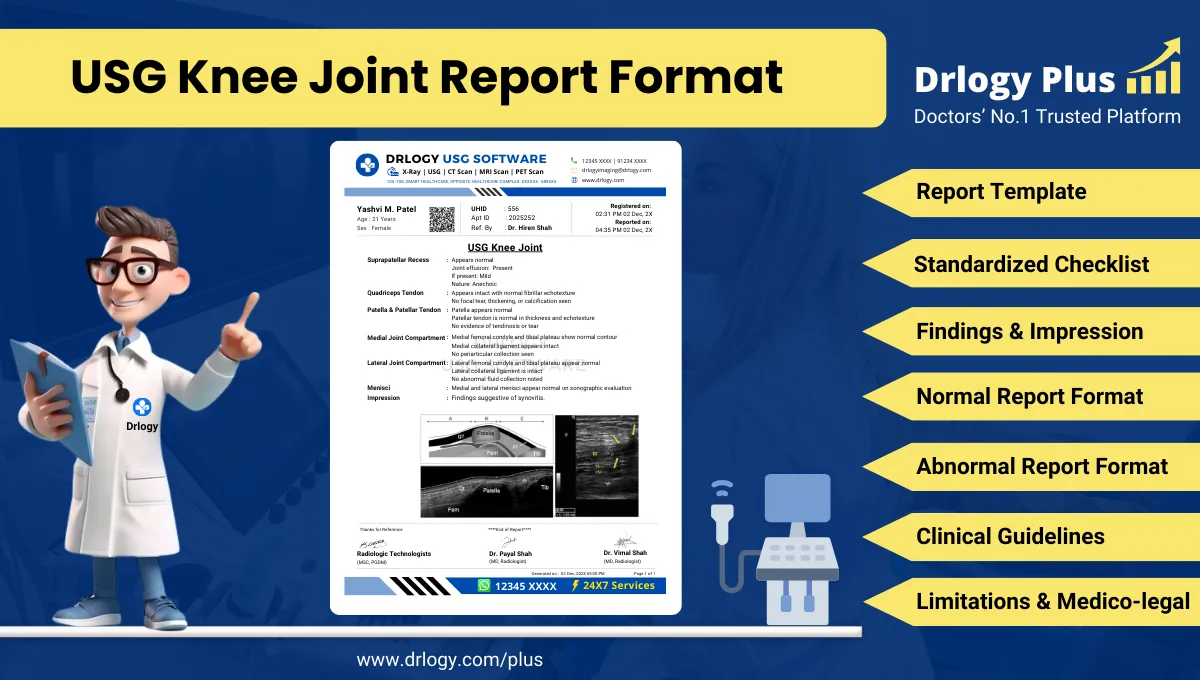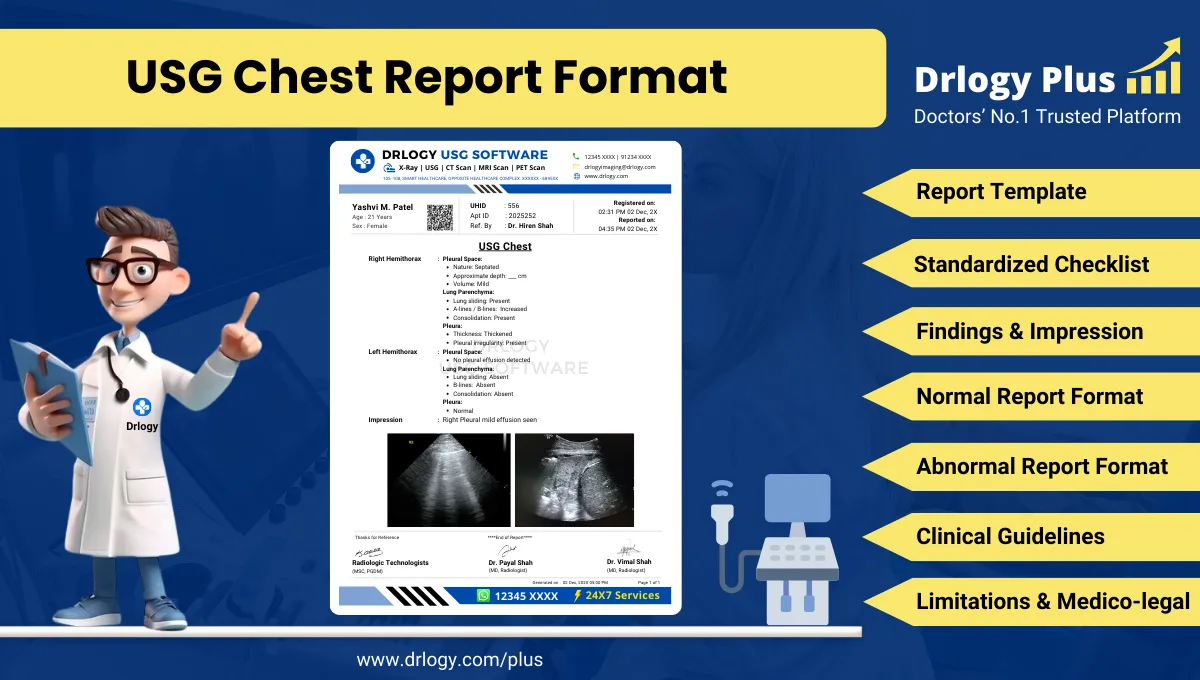

Drlogy
Healthcare organization
10 Best Event Sponsorship Marketing Tips for Hospital Growth
Event sponsorship is an excellent strategy for hospitals to increase visibility, build relationships with the local community, and establish themselves as leaders in healthcare.
Check:
By aligning with the right events, hospitals can enhance their brand recognition and trust, fostering both awareness and loyalty.
10 Best Event Sponsorship Marketing Tips for Hospital Growth
Here are 10 Best Event Sponsorship Marketing Tips for Hospital Growth.
1. Choose Events That Align with Your Hospital’s Values
- Community-Centered Events: Sponsor events that focus on health, wellness, and local community engagement, such as health fairs or charity runs.
- Medical Conferences: Partner with medical or health-related conferences to showcase your hospital’s services to an audience of healthcare professionals.
- Targeted Audience: Ensure the event attracts your target demographic, whether it’s families, elderly individuals, or specific health groups.
- Sponsorship Relevance: Choose events that reflect your hospital's mission and specialties, such as cancer awareness campaigns or heart health drives.
- Increased Engagement: Aligning with relevant events ensures that your sponsorship feels authentic, encouraging more meaningful engagement.
Choosing the right events that align with your hospital’s values strengthens brand credibility and attracts the right audience.
2. Promote Your Sponsorship Before the Event
- Social Media Announcements: Announce your sponsorship on social media platforms, building anticipation and excitement around the event.
- Website Updates: Feature the event and your sponsorship on your hospital’s homepage or a dedicated landing page.
- Press Releases: Issue a press release highlighting your sponsorship and what your hospital brings to the event.
- Email Campaigns: Send out pre-event emails to your patient base, informing them about the event and how they can participate.
- Collaborate with Event Organizers: Work with the event organizers to ensure your sponsorship is promoted across their channels too.
Pre-event promotion helps build awareness, create excitement, and attract attendees to both the event and your hospital’s services.
3. Engage Attendees with Interactive Booths or Activities
- Health Screenings: Offer free health screenings (blood pressure checks, cholesterol screenings, etc.) at your booth to engage attendees and demonstrate your hospital’s expertise.
- Educational Materials: Provide brochures, pamphlets, or interactive displays about your hospital's services, procedures, and health tips.
- Live Demonstrations: Host live demonstrations of hospital services such as physical therapy exercises or maternity care presentations.
- Prize Giveaways: Offer health-related prizes, like fitness trackers or gift certificates, to encourage more people to visit your booth.
- Staff Involvement: Have friendly and knowledgeable staff available to interact with attendees and answer questions about your hospital.
Interactive booths and activities at sponsored events create an engaging experience thatectly connects your hospital to attendees.
4. Sponsor Charity Events to Build Community Trust
- Community Support: Sponsor charity events such as fundraisers or health walks that benefit local causes and promote a sense of community.
- Align with Hospital Values: Choose charity events that align with your hospital’s healthcare goals, like cancer research or mental health awareness.
- Visibility in the Community: This kind of sponsorship strengthens your hospital’s reputation as a healthcare provider that gives back to the local community.
- Employee Participation: Encourage hospital staff to participate in these charity events, increasing visibility and showing commitment to the cause.
- Partnership with Local Businesses: Sponsor charity events in partnership with local businesses to boost brand exposure across different sectors.
Sponsoring charity events not only boosts brand visibility but also reinforces your hospital’s commitment to community health and well-being.
5. Leverage Social Media to Promote Your Event Sponsorship
- Live Event Updates: Share live event updates, behind-the-scenes photos, and videos on platforms like Facebook, Instagram, and Twitter.
- Event Hashtags: Create a unique hashtag for the event that participants can use to engage with your content and share their own experiences.
- Interactive Polls and Contests: Run social media polls or contests related to the event to keep the audience engaged and encourage participation.
- Influencer Collaborations: Partner with local influencers to share content related to your event sponsorship, reaching a broader audience.
- Cross-Promote with Organizers: Ensure the event organizers also tag your hospital in their social media posts to enhance visibility.
Social media promotion helps you maximize engagement and exposure, building excitement around your sponsorship and hospital.
6. Offer Exclusive Discounts or Benefits to Event Attendees
- Event-Only Offers: Provide exclusive discounts or special offers to people who attend the event, like a percentage off certain hospital services.
- Free Consultations: Offer free consultations or health screenings for attendees as an added incentive.
- Loyalty Programs: Introduce a loyalty program that rewards attendees for choosing your hospital’s services after the event.
- Member Discounts: If you have a membership program, promote it during the event to encourage sign-ups with special event rates.
- Promote Health Packages: Use the event to promote special health packages, such as maternity care bundles or fitness assessments.
Offering exclusive benefits during the event provides attendees with an added reason to choose your hospital and boosts conversion.
7. Utilize Event Sponsorship to Strengthen Local Media Partnerships
- Media Coverage: Partner with local media outlets to promote the event and your hospital’s sponsorship, increasing brand recognition.
- Press Conferences: Hold press conferences or media interviews during the event to highlight your hospital’s involvement and contributions.
- Collaborative Content: Create co-branded content with local media outlets, such as articles or TV segments discussing your hospital’s services.
- Sponsor Media-Covered Events: Choose events that are covered by local TV or news channels, ensuring your hospital gains wide exposure.
- Cross-Promotions: Work with media partners to run joint promotional campaigns across both your hospital and their platforms.
Media partnerships strengthen your hospital’s local presence and extend your brand reach beyond the event itself.
8. Measure Event Success with Analytics and Feedback
- Track Engagement: Monitor event-related metrics such as booth visits, social media engagement, and website traffic to assess the effectiveness of your sponsorship.
- Collect Patient Feedback: Gather feedback from event attendees about their experience with your hospital to gain insights for future improvements.
- Post-Event Surveys: Send out post-event surveys to attendees to measure their satisfaction and gather information about their interest in your services.
- Evaluate ROI: Assess the return on investment (ROI) of the event sponsorship by comparing the costs of sponsoring to the leads generated.
- Continuous Improvement: Use the data and feedback to refine your future sponsorship strategies for better results.
Measuring the success of your event sponsorship allows for continuous improvement and ensures that your efforts lead to real growth.
9. Collaborate with Other Sponsors for Maximum Impact
- Joint Marketing Campaigns: Collaborate with other event sponsors to create joint marketing campaigns that increase brand visibility for all parties involved.
- Cross-Promotional Booths: Share event space or co-host activities with other relevant sponsors, pooling resources for greater impact.
- Shared Social Media Posts: Share each other’s posts and tag each other on social media, expanding reach and audience.
- Co-Branded Materials: Create co-branded signage, brochures, and giveaways that feature your hospital’s logo alongside other sponsors.
- Stronger Networking: Build strong partnerships with other sponsors that can lead to future collaborations.
Collaborating with other sponsors enhances your visibility and amplifies your impact, benefiting all involved parties.
10. Follow-Up with Leads After the Event
- Thank You Emails: Send thank-you emails to event attendees and express appreciation for their interest in your hospital.
- Exclusive Offers: Include a special offer or consultation discount for attendees in your follow-up emails to encourage them to take the next step.
- Personalized Messaging: Personalize follow-up communications based on the attendee’s interactions with your booth or activities during the event.
- Targeted Campaigns: Segment the leads and create targeted email or social media campaigns to nurture their interest in your services.
- Track Conversion Rates: Monitor how many event leads convert into patients to determine the effectiveness of your follow-up strategy.
Effective post-event follow-up helps convert leads into patients and strengthens relationships with your hospital’s audience.
Impact Of Event Sponsorship Marketing Tips for Hospital Growth
Here’s the Impact Of Event Sponsorship Marketing Tips for Hospital Growth.
| Aspect | Hospital A+ (Event Sponsorship) | Hospital B- (No Event Sponsorship) |
|---|---|---|
| Brand Awareness | ✓ | x |
| Community Engagement | ✓ | x |
| Trust Building | ✓ | x |
| Reputation | ✓ | x |
| Lead Generation | ✓ | x |
| Patient Acquisition | ✓ | x |
| Brand Recognition | ✓ | x |
| Local Presence | ✓ | x |
| Partnerships | ✓ | x |
| Market Reach | ✓ | x |
Bonus Tools For Hospital Marketing:
7 Steps Guide For Hospital Marketing
Here are 7 Steps Guide For Hospital Marketing.
| Hospital Marketing Strategy |
|---|
| 1. Digital Marketing |
| 2. Paid Ads Marketing |
| 3. Social Media Marketing |
| 4. Referral Marketing |
| 5. Content Marketing |
| 6. Event Sponsorship Marketing |
| 7. Partnerships with Healthcare Providers |
Summary
Overall, Event sponsorship is an excellent way to build brand visibility, trust, and relationships with both potential patients and the local community.
Check Drlogy Hospital Marketing Guide for effective strategies to enhance your Hospital's marketing and enhancement to gain trust and more trustability for Hospital growth.




